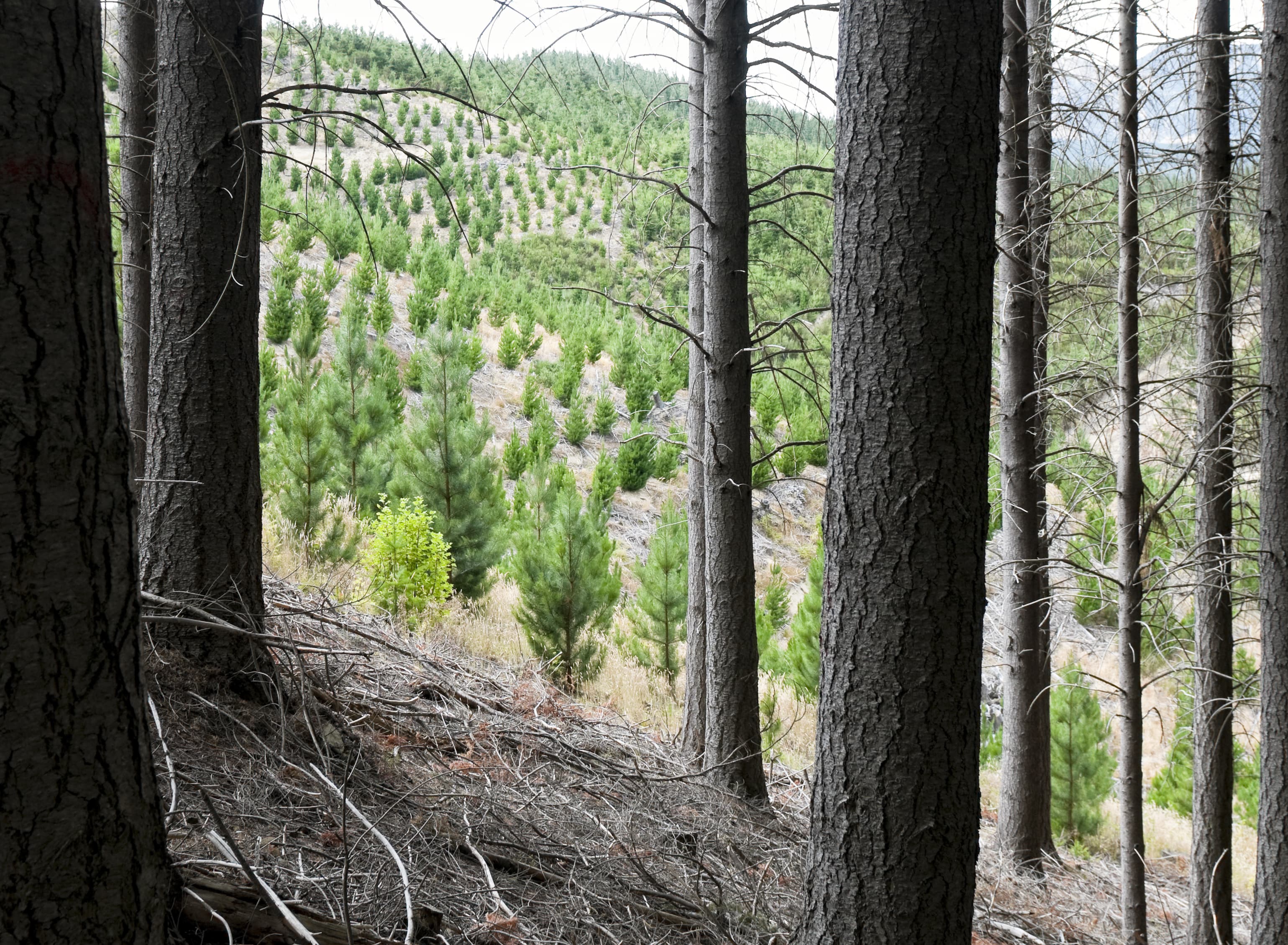HSBC Global Asset Management and climate change advisory and investment firm Pollination Group are teaming up to launch a series of billion-dollar funds that will target “natural capital.”
The new venture, which is the largest of its kind, will be called HSBC Pollination Climate Asset Management. The funds will target institutional investors including pension funds and sovereign wealth funds.
There are many energy and climate-focused funds on the market, but what sets this new partnership apart is its scale, as well as its focus on natural capital specifically. In the simplest terms, natural capital means nature’s assets, including trees, oceans and soil.
Rather than invest in a solar farm or technology related to energy storage, for example, HSBC Pollination Climate Asset Management is targeting nature-generated assets. This includes projects tied to areas like regenerative farming practices and sustainable forest management.
John Morton, partner at Pollination Group, said that the deal, which typically would have taken multiple years to put together, was sealed in a matter of mere months and virtually all of it over Zoom.
Pollination Group “is now seeking to take the ideas and the investment theses and deals that we have been seeing for many years and scale them up and really kind of turbocharge the focus on natural capital investments,” Morton, who was a senior director for energy and climate under President Obama, told CNBC.
He hopes the partnership between a large financial institution and a firm with expertise in natural capital will pave the way for other investment vehicles focused on natural capital.
“It takes a large, first time significant partnership like this to prove the commercial viability of a asset class, and we are very confident that we are going to do that through this joint venture,” Morton added.
The partnership announcement comes as socially responsible investing continues to grow in importance, while attracting a record amount of capital. In the public market sustainable-focused funds saw inflows of $71.1 billion during the second quarter, pushing global assets under management in sustainable funds above $1 trillion for the first time, according to data from Morningstar.
Incorporating sustainable investing was once thought to come at the expense of financial performance, but Morningstar data also shows that nearly two-thirds of these funds outperformed their conventional index-fund counterparts during the second quarter.
“When it comes to natural capital, you can have your cake and eat it too and I don’t think that was the case 10 years ago,” Morton said. “But what we’ve seen is you know the emergence of bankable markets in key natural capital sectors around the world.”
According to a 2018 report from the World Wildlife Fund, nature accounts for at least $125 trillion annually in global economic activity. More and more companies and financial institutions are committing to climate goals, but there are limited ways in which to deploy capital. This is the void HSBC Pollination Climate Asset Management hopes to fill.
Both firms will contribute financial capital as well as employees for the new venture. The first fund, which is set to launch next year, is targeting $1 billion, followed by a $2 billion carbon credit fund, although these numbers are not set in stone.
“We are helping kind of pioneer this asset class or at least take an asset class which is quite small, to scale at a moment when it’s really needed by the institutional investor community, certainly needed by the planet, and we feel we can generate strong returns at the same time,” Morton said.
Still, one common criticism of impact investing is that it can be hard to measure and quantify actual impact, which is made all the more difficult by competing interests within the rapidly changing sustainable investing ecosystem.
Subscribe to CNBC PRO for exclusive insights and analysis, and live business day programming from around the world.
